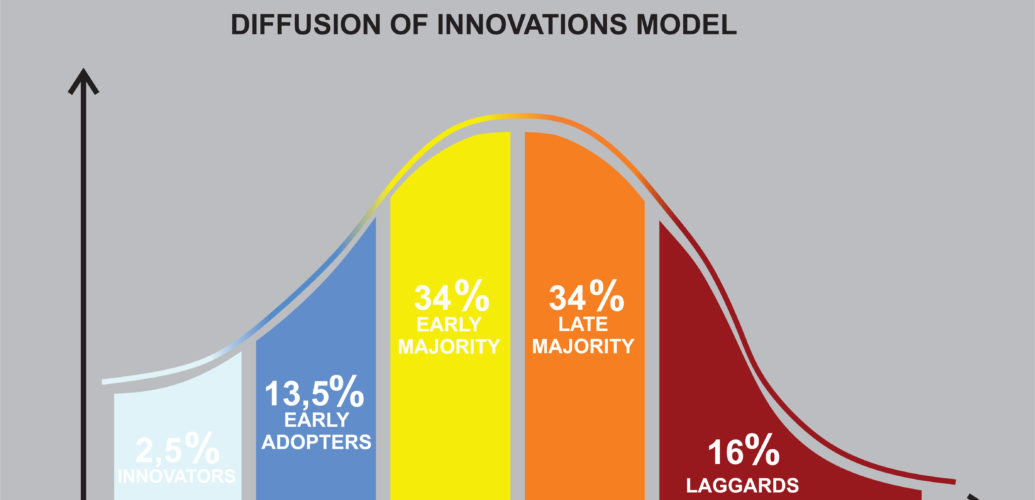This post is based on a video, which watched on YouTube. The Video is in German. You can activate the subtitle in your preferred language by clicking the cog.
EN
DE
NL
Germany is known for its engineering prowess and economic strength, yet when it comes to digitalization, the nation is struggling to keep pace. While other countries are racing ahead, many German businesses and government agencies are still bogged down by outdated technology, bureaucratic hurdles, and slow internet. A recent documentary from ZDFheute Nachrichten explores this digital dilemma, highlighting the challenges and small glimmers of hope in a country that needs a serious digital overhaul.
The Problem: Funklöcher, Paperwork, and Outdated Systems
For many German businesses, the digital landscape is far from ideal. Small and medium-sized enterprises (SMEs), which form the backbone of the German economy, often find themselves battling a trifecta of issues: poor internet connectivity, endless paperwork, and antiquated software.
Melanie Hogräfe, who runs an online vegetable shop near Bremen, knows this struggle all too well. Despite a thriving business that ships 500 boxes a day, she faces constant disruptions due to unreliable internet. A poor connection can halt operations, causing delays and significant financial losses. In her company’s industrial park, fiber optic cables simply don’t exist. This problem isn’t isolated; over 7,500 square kilometers of Germany are still mobile “dead zones” without 4G or 5G coverage.
Even when businesses try to embrace technology, they run into obstacles. The documentary points to a printing company in Ottersberg that is trying to digitize its mountains of paperwork. While a digital system would streamline operations, the company is still required to keep physical copies of documents for tax purposes, creating a dual system that doubles their workload. This is a direct result of Germany’s complex and often-contradictory regulations.
The Road Ahead: Can Germany Catch Up?
Despite the bleak outlook, some believe change is possible. The country now has a dedicated Digital Minister, Carsten Wildberger, who acknowledges the challenges and the frustration felt by many citizens. While he admits there’s no silver bullet, he stresses the need for a collaborative approach involving federal states, municipalities, and network providers to improve infrastructure. He also emphasizes that the solution requires a “muscle for implementation”—the ability to turn plans into action, a trait Germany has sometimes lacked.
Experts and entrepreneurs agree that a change in mindset is crucial. Instead of focusing on problems, Germans need to embrace the opportunities that digitalization offers. The example of the Wartner couple, who run a fashion boutique, shows how even a small business can thrive by adopting a digital-first approach. They’ve doubled their sales by using social media and live online fashion shows, proving that creativity and a willingness to “just do it” can lead to success.
Another sign of progress is the increasing investment in artificial intelligence (AI). A company in Heilbronn, for instance, has developed an AI-powered system for driving schools to help students learn more efficiently. This type of innovation is where Germany can shine. While it may not become a leader in developing large-scale AI models, it can leverage its engineering and manufacturing expertise to become a world leader in applying AI to practical solutions.
The Stakes Are High
The documentary makes it clear that the stakes are incredibly high. Germany’s slow digital progress is causing it to lose market share and could lead to a decline in its economic standing. The ghost of the mail-order company Quelle, which failed to adapt to the digital age and was eventually overtaken by giants like Amazon, serves as a cautionary tale.
In addition, the rise of digitalization also brings new risks. German businesses are increasingly becoming targets of cyberattacks, with the economy suffering an annual loss of around 179 billion euros. This highlights the need for robust digital defenses alongside the push for innovation.
Ultimately, the path forward is complex. Germany needs to train more IT professionals, attract foreign talent, and cut through bureaucratic red tape. The country’s new Digital Minister has a monumental task ahead of him, but with a concerted effort from both the government and the private sector, Germany can still bridge the digital divide and secure its economic future.
